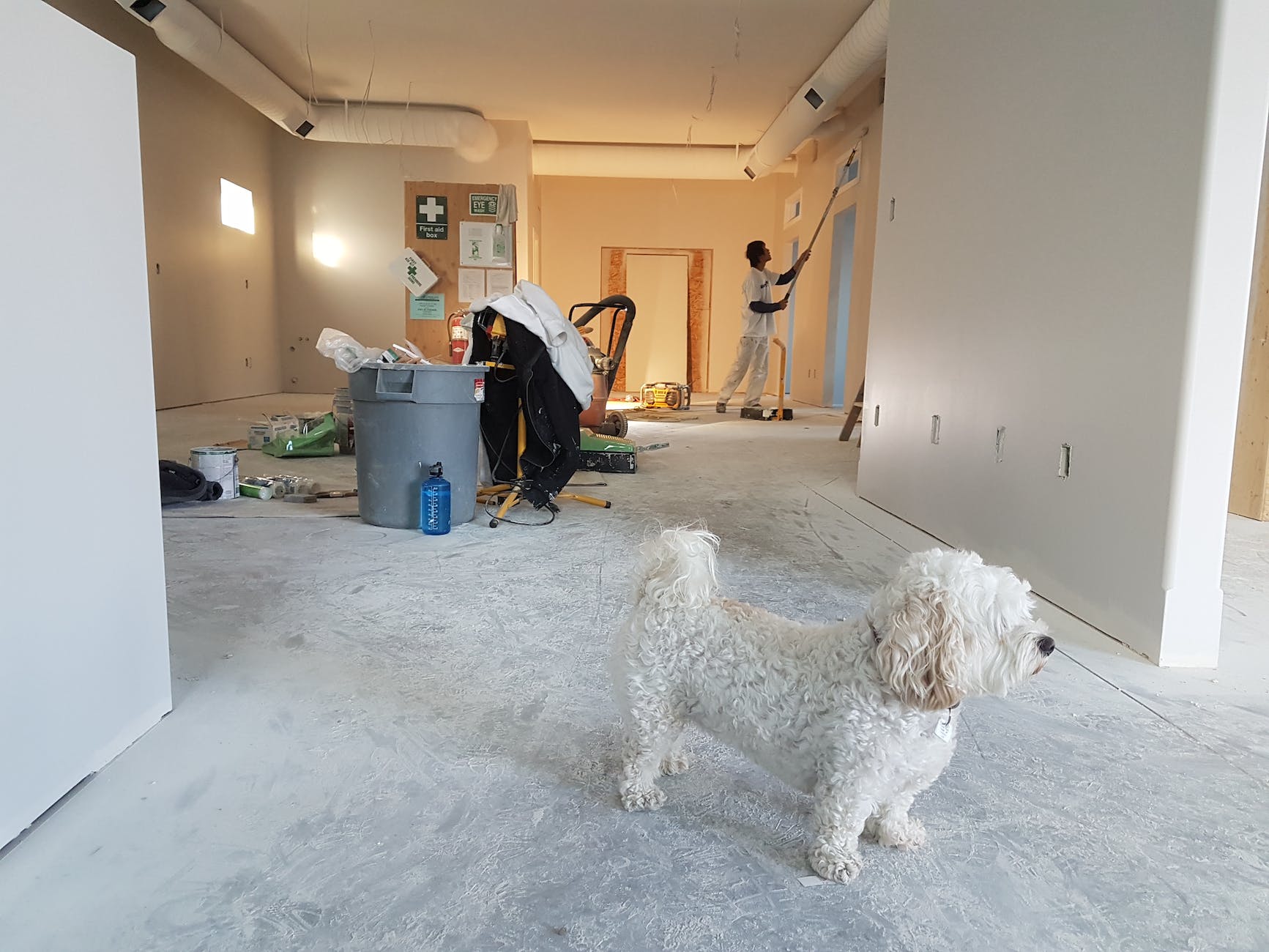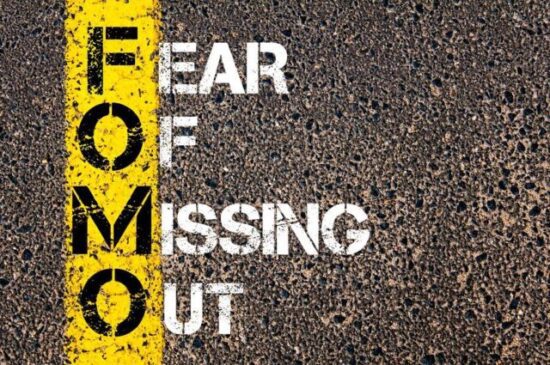
The Road To Recovery; How To Overcome Alcohol Addiction

*This is a collaborative post
When it comes to the topic of how to overcome alcohol addiction, it can be incredibly difficult for sufferers to open up and accept what was once a drink over dinner with friends has turned into something more. A dependency, a regular desire for more, an inability to know when to stop. There’s a lot of stigma still attached to alcoholism, which in turn can have a negative effect on those trying to overcome their addiction.
There’s no shame in struggling to cope, however, it’s important to be able to speak to your loved ones so that they’re in a better position to help you overcome this difficult period.
Approximately 15.1 million people suffer from alcoholism in the United States alone, which means it’s highly likely that it’s affected you or someone you know. If you’re in a position where you need help and/or advice, it’s important to look at ways you can start towards the road to recovery. No matter how difficult your experience with alcohol has been or become, there’s still ways to overcome your addiction.
Alcohol rehabilitation takes many forms, not all of which involve visiting and/or staying at a rehab centre for a prolonged period of time. A lot of sufferers are fearful at the idea of having to be so far away from home during their recovery period, and find being in an unknown location extremely difficult. This is why rehabilitation has developed into a multifaceted treatment plan, one which is designed to work with you and where you are in your life. Of course, sometimes the best option for everyone involved is to stay at rehab, however, this isn’t typically the first option but rather one reserved for more severe cases.
Assessing the Severity of Your Alcohol Addiction
For many people, this is the hardest part of recovery and the first step to overcome alcohol addiction, simply because it involves accepting that you have a drinking problem and that you need help. Although it’s a hard first step to take, by actively seeking help, a medical professional will be able to assess the severity of the issue, which in turn will help them determine what course of treatment you’ll need.
In order for healthcare professionals to assess you, they use the DSM-5 manual, which lists several different symptoms present in alcoholism; sufferers only need to have two of the 11 listed to be classed as having alcohol addiction. Once your healthcarer can see where you fall on this scale, and if you have any other disorders, such as depression, they can then move forward to the next stage of rehabilitation.
Detoxing from Alcohol
A detox is one of the ways in which you will start to overcome alcohol addiction. This detox can be done by attending a clinic for up to 30 days, or by detoxing at home. Attempting to stop drinking overnight, aka going cold turkey, is a bad idea and one which few people can manage alone; this is why detoxing is such an important part of your recovery, and one not to be taken on without assistance.
Instead of expecting you to go through the transition alone, throughout a detox you will be given medications and vitamins in order to help your body settle into a new way of functioning. This can be an unpleasant part of recovery, as withdrawal symptoms of heavily dependent drinkers can occur within just six hours of stopping drinking. What is more, the withdrawal symptoms can last 48 hours or more, by which point you may start to crave a drink again. According to experts, this is when you’re most likely to fall back into old habits, and the reason why professionals are with you every step of the process. Once you get past this peak point, generally the alcohol detox becomes more mangable.
What you experience during a traditional detox treatment is very similar to what you experience if you opt for a detox treatment at home, the only real difference is location and accessibility to staff. However, while you may not have professionals physically in the room with you, most detox at home services have a call line you can ring throughout every stage of the process. What is more, you’ll have expert aftercare just like those who attend sessions at a clinic, meaning that you and your loved ones have always got a support network close to hand.
Which is Right For You?
Both detox options are worth exploring at length before you come to a final decision. Nonetheless, for a lot of families, the option taken comes down to a number of factors, such as cost, time away from home, and being surrounded by friends and family. Keep in mind, however, that while you may prefer the idea of remaining at home, you need to not only do what’s right for you but also what has a better chance of success for your level of addiction.
Recovery
The road to recovery is a long one, a journey in which you may experience plenty of hurdles along the way. Nevertheless, while there’s always going to be moments where you struggle, know that you’re not alone and that you can get better.
Even if you’re not sure whether you’re ready to take that first step and contact your local GP, the fact that you’re looking for advice is a step in the right direction. And even if you don’t have an addiction, given how alcoholism can affect families, it’s worth being aware of what to look out for in case you’re concerned about your growing dependency on alcohol.
If you’re not sure whether you’re in need of help, take a look at your daily habits and check to see if you do any of the following: drink every day, are unable to control when or how much you drink, blackout from drinking too much, and drinking alone. These aren’t all of the warning signs, but they’re the main ones you can be vigilant of; if you want to learn of the others, you can see the full list here.
Alcoholism is a disease, but it isn’t one to be ashamed of. If you find it difficult to still talk about, even after you’ve gone through rehabilitation, it may be worth contacting a local support group. This not only provides you with a safe space to visit, but also allows you to speak to other people who have been in a similar situation to yourself. Moreover, try to allow your loved ones to support you along every step of this journey, if you feel you can. Having that additional support can make a world of difference to how your road to recovery feels and how long it takes.


















































